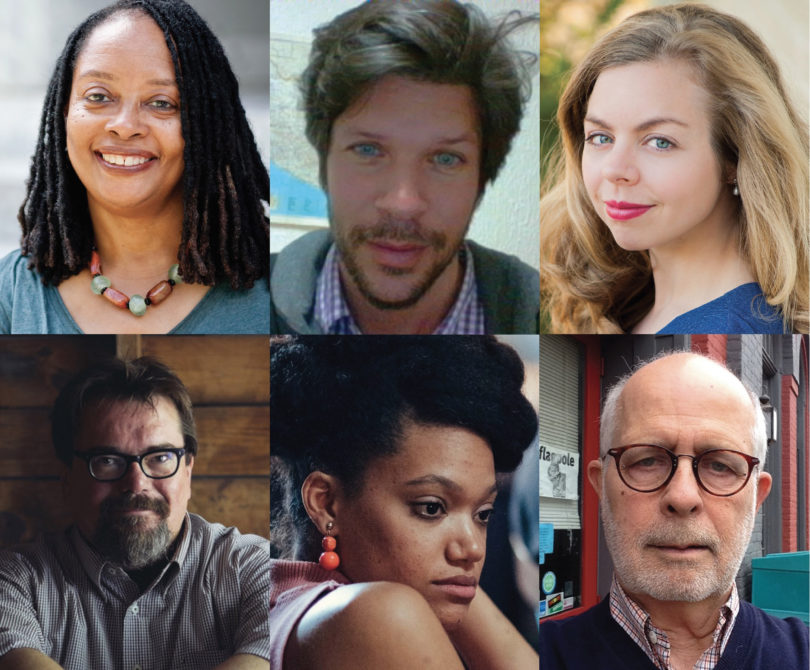The Willson Center for Humanities and Arts and the Grady College of Journalism and Mass Communication will host the panel discussion “Journalism and the Contemporary South.” The Feb. 22 conversation will explore the innovations and challenges inherent in telling stories that speak to a tumultuous time in a distinct but evolving region, and amid critical upheaval in the field of journalism itself.
The discussion, which will be held at 4 p.m. in the Chapel, will include senior Grady College journalism faculty as well as writers and editors with decades of combined experience with local, regional and national publications.
The panelists are Eliza Borne, editor of the Oxford American; Valerie Boyd, UGA’s Charlayne Hunter-Gault Distinguished Writer-in-Residence and associate professor of journalism in the Grady College; Richard Fausset, Atlanta bureau chief of The New York Times; Alysia Nicole Harris, managing editor of Scalawag; Pete McCommons, editor and publisher of Flagpole; and Chuck Reece, editor-in-chief of The Bitter Southerner. Charles Davis, professor and dean of the Grady College, will moderate the discussion.
“Nothing like a discussion with some of the finest journalists I know about my two favorite topics—journalism and the South,” Davis said. “I’m looking forward to a lively, enlightening conversation that highlights some of the amazing work being done to define modern Southern culture.”
The event is part of the Global Georgia Initiative, an annual guest speaker series produced by the Willson Center. It is presented in partnership with the Grady College, The Bitter Southerner, Flagpole, Oxford American and Scalawag.
The Global Georgia Initiative presents global problems in local context with a focus on how the arts and humanities can intervene. The series is made possible by the support of private individuals and the Willson Center Board of Friends.








